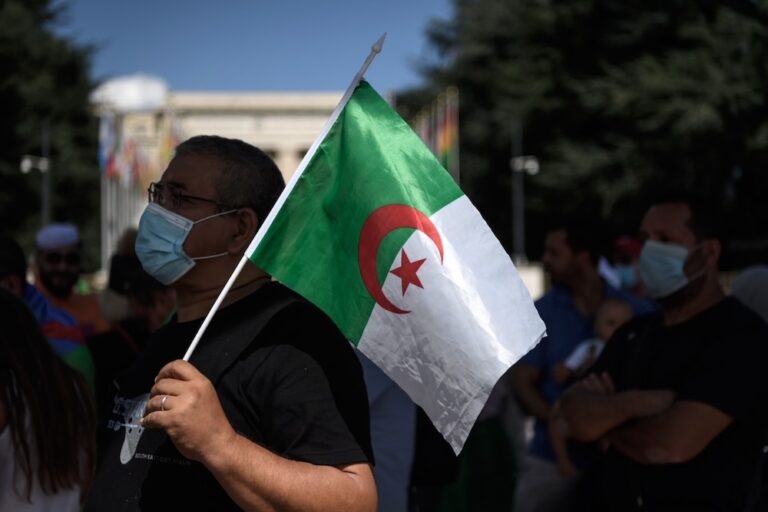Countries such as China, Ethiopia, South Korea, Russia and Thailand need to challenge and change specific laws and practices that restrict internet freedom, says Freedom House.
(Freedom House/IFEX) – 11 May 2012 – Almost a year ago, Swedish foreign minister Carl Bildt declared before the UN Human Rights Council that the “same rights that people have offline . . . must also be protected online.” This was the underlying theme of a groundbreaking May 2011 report by UN Special Rapporteur on Freedom of Expression Frank La Rue. The report, which was endorsed by 41 governments, detailed how established human rights principles apply to the internet and made recommendations for putting these principles into practice. After a year of inaction, the time has come for a concerted, collective effort by democratic countries to carry out the recommendations of the La Rue report.
To effectively defend free expression online, democratic governments need to challenge specific laws and practices that restrict internet freedom around the world. A “to do” list for internet freedom might start as follows:
- Ethiopia’s information restrictions: The La Rue report condemns restrictions on the free flow of information that are ambiguous, unnecessary, or disproportionate, or are imposed without independent judicial oversight. Ethiopia has an abundance of such restrictions. At the government’s behest, the state-run telecommunications firm uses its monopoly on internet service to block a range of political opposition, human rights, and independent news websites. Democratic countries should pressure the Ethiopian government to remove these blocks and open up the market to private internet-service providers.
- Intermediary liability in Thailand: Under the Computer Crime Act, internet service and content providers in Thailand are held liable for content they host or transmit. The government has prosecuted individuals for providing online platforms for banned content, even when the material is posted independently by users. In one high-profile case, Chiranuch “Jiew” Premchaiporn, the webmaster of the Prachatai online news and discussion forum, is awaiting a court verdict and faces a possible prison sentence. Moreover, draft amendments to the Computer Crime Act would increase the legal risks to intermediaries. Intermediary liability, according to the La Rue report, runs counter to online free expression principles. It should be scrapped in Thailand.
- Russia’s invasions of online privacy: All internet-service providers in Russia are obliged to install a “system for operational investigative measures,” which gives the Federal Security Service access to internet traffic and a packet-sniffer capability to analyze and log data passing through digital networks. Moreover, legislation approved in 2007 permits the government to intercept data traffic without a warrant. This contradicts a key principle enunciated in the La Rue report: that governments must provide effective privacy and data protections. Democratic countries should press the Russian government to uphold this principle by enacting—and implementing—data privacy legislation.
- South Korea’s real-name registration system: The La Rue report criticizes real-name registration requirements for stifling free expression by eliminating user anonymity. These requirements also put data privacy at risk. South Korea introduced such rules in 2007 and subsequently experienced a series of hacking incidents, including a notorious case last July, when the personal information of over 35 million South Koreans (about 70 percent of the country’s population) was exposed. In December 2011, the Korea Communications Commission announced plans to phase out the requirement that forces internet users to provide their resident registration numbers, but it is exploring alternatives to keep a real-name registration system in place. That is not enough. South Korea should get rid of this system entirely.
- Cyberattacks from China: The La Rue report called on governments to investigate and prosecute perpetrators of cyberattacks. In recent years, dozens of cyberattacks emanating from China have targeted various governments, private companies, and human rights activists. The New York Times managed to track down one suspected perpetrator of such attacks. The Chinese government, if its denials of involvement in international hacking campaigns are to be believed, should investigate this suspect and work to identify and punish other culprits.
This list includes just a few of the many restrictions on internet freedom that democratic governments might go after. What is most important is that they move forward in challenging some of these restrictions, so that internationally recognized principles of online freedom of expression will be more widely upheld in practice.


